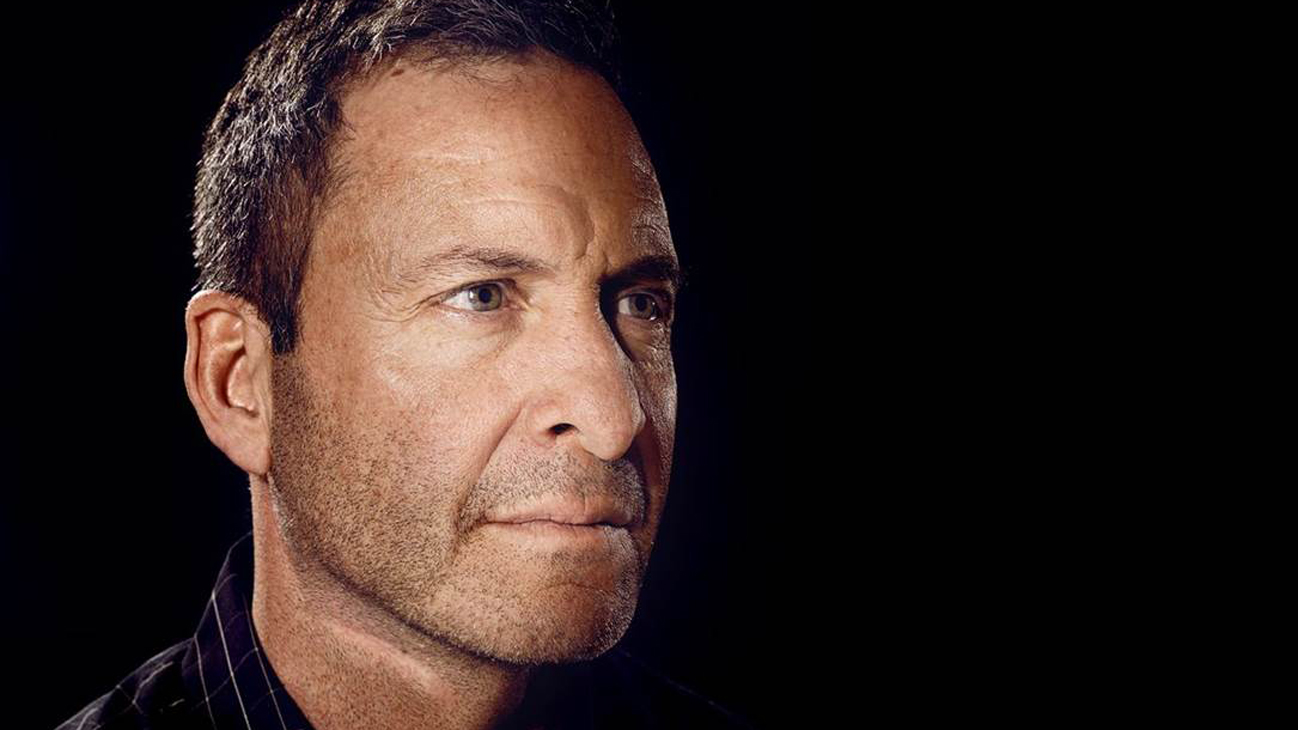No job in the world of sports is as intimidating, exhilarating, and as stress-ridden as that of an NHL hockey goaltender. Now imagine doing that job while suffering high anxiety, obsessive compulsive disorder and depression, and having your career nearly cut short by a skate slicing across your neck. Clint Malarchuk shares his extraordinary and heart-wrenching life story—which includes his long battle with alcoholism and almost ending his life by a gunshot to the head—in his relentless effort to help end the stigma of mental illness and to help others who may suffer as well. Last week, Clint spoke at a Recovery Day luncheon in Saskatoon, and CBC got a chance to talk to him:
After years of struggle, Clint Malarchuk says he’s finally happy. But that wasn’t always the case.
For years, the former NHL goalie suffered from alcohol addiction, mental illness and post-traumatic stress disorder.
Now, he’s written a book on his journey, and is a regular speaker at conferences.
“I’m awesome,” he told Saskatoon Morning host Leisha Grebinski. “I’m so happy that I’m out here and healthy, but also out here trying to encourage others that there’s hope at the end of the tunnel.”
Malarchuk has had a long and troubled history. Suffering from obsessive compulsive disorder from a young age, his mental health took a turn for the worse after almost dying after a skate slashed his neck.
“That’s when things really started to get noticeable,” he said. “Not only for me, but the people around me.”
Malarchuk started drinking heavily, and became very anxious, shutting himself off from the outside world.
It was only after he was sent to the minors that he got sober and started receiving successful medication and help.
“I was in the NHL trying all these different doctors and medications,” he said. “You’d think that would have been where I found my saviour, so to speak.”
The former player was initially hesitant to write the book and begin his speaking tours. But he’s since come around.
“People have to realize they’re not alone,” he said. “There’s very prominent people and players who have reached out to me and thanked me for writing it, because they’ve felt out all these same things.

